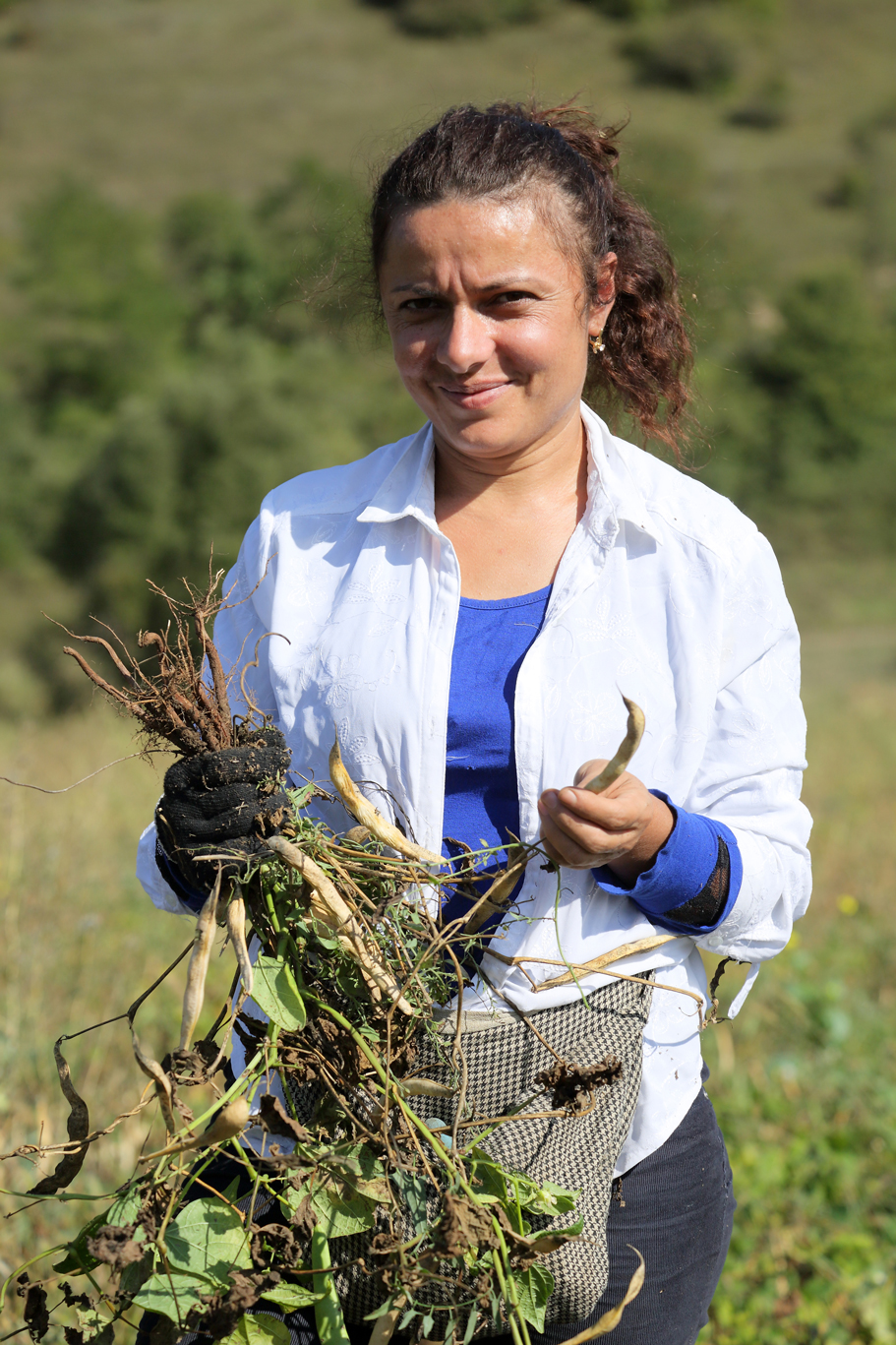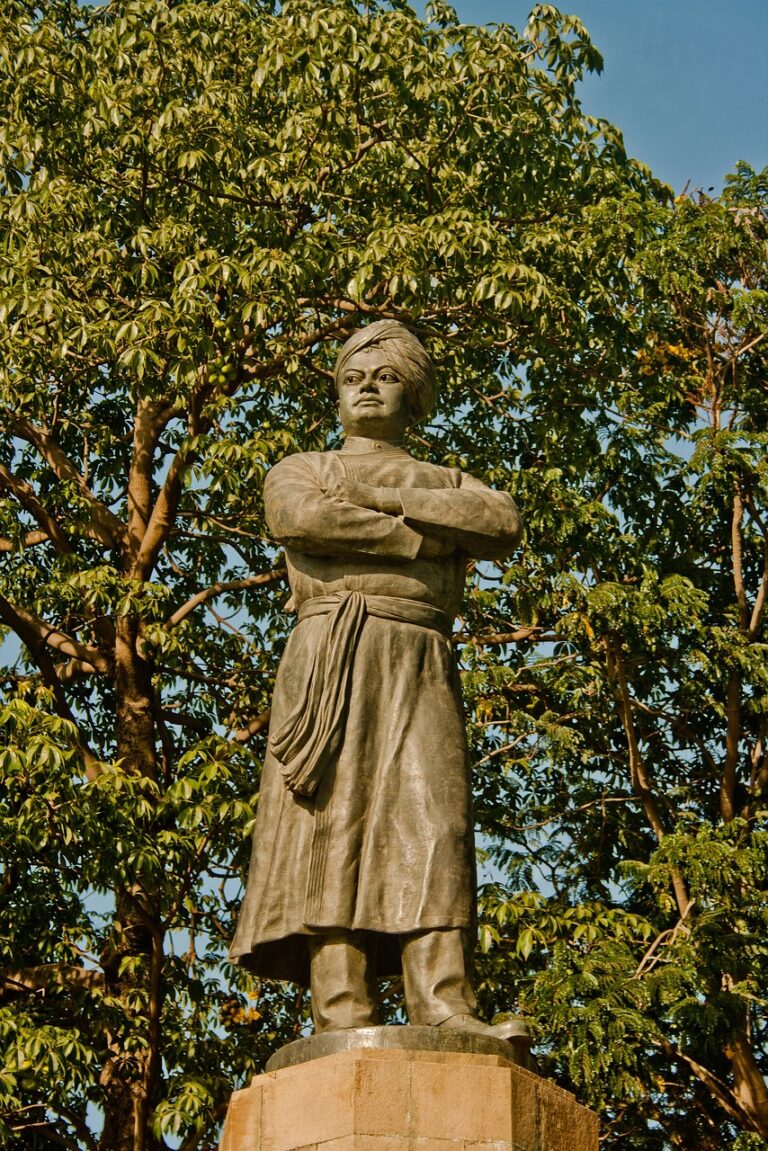
Photo ©FAO/Hayk Hovhannisyan
Moviegoers are familiar with Mr. Bean – the comic character played by British actor Sir Rowan Sebastian Atkinson. But ever considered the importance of the ‘bean’ women of Armenia? These women bean farmers are cultivating change together in Armenia.
Much like the beans they cultivate, these women are strong, and their bonds are deeply rooted. Nestled in the town of Berd, in the picturesque Tavush region of Armenia, a group of these women are proving the power of sisterhood.
Beans have long been a staple of rural life, symbolizing resilience in agricultural communities. They are often associated with humble, but nourishing meals, especially during the winter months and in times of religious fasting. Passed down through generations, the cultivation and harvesting of beans is a shared heritage, representing patience, care and hard work.

Anahit Paytyan, Alina Paytyan and Varduhi Melikbekyan each bring their unique strengths and experiences to their group, known as the “Berd Bean” Women’s Association. This group was formed as part of the “Local Empowerment of Actors for Development” (LEAD) programme supported by the Food and Agriculture Organization of the United Nations (FAO) and the United Nations Development Programme (UNDP), with funding from the European Union.
Anahit Paytyan, one of the association’s members, begins her day at 4:30 am, tending to her fields. She is reassured by the fact that she is not alone in her efforts: Alina, Lusine, Anna, and Mariam are all working on their own plots of land, dotted around the region.
One of the primary difficulties women farmers in Armenia face is fragmented landholdings. Small, scattered plots make it harder for women to achieve economies of scale and limit their ability to access larger markets or invest in labour-saving technologies. However, through their association, these women now pool their efforts not only in cultivating their beans but also in marketing them and negotiating better prices for essential agricultural inputs. They learned many of these skills through the LEAD programme, where they were trained in essential business management and marketing techniques. They also participated in networking events, enabling them to share their experiences.
Overcoming challenges together
From soil preparation and planting to weeding and harvesting, bean farming requires significant manual labour. Each stage demands careful attention, especially in smaller-scale farms where mechanization is not employed. Bean plants are also sensitive to overcrowding and pests, more elements that demand attention.
With peer support, the women navigate these obstacles, finding creative solutions together. The association allows them to share resources, reduce costs and build confidence. By pooling their strengths and working as a team, the women are now accessing the larger markets inaccessible to them before.
Together, the women have also formed agreements with regional supermarkets, and they are exploring options for export as they increase their production. With plans to establish a bean cleaning centre, the association is positioning itself to meet market demands, ensuring that its products are processed, cleaned and packaged efficiently.
The “Berd Bean” Women’s Association is planning to expand their activities, bringing more women farmers into their fold. Through their association, they are not only improving their own livelihoods but also inspiring other women in the region to come together and find strength in their shared experiences, driving change in rural economies.
Just as the beans they cultivate have taken root and grown, so too has the confidence and independence of the women of Berd.
Source: The FAO News And Media Office, Rome
– global bihari bureau




